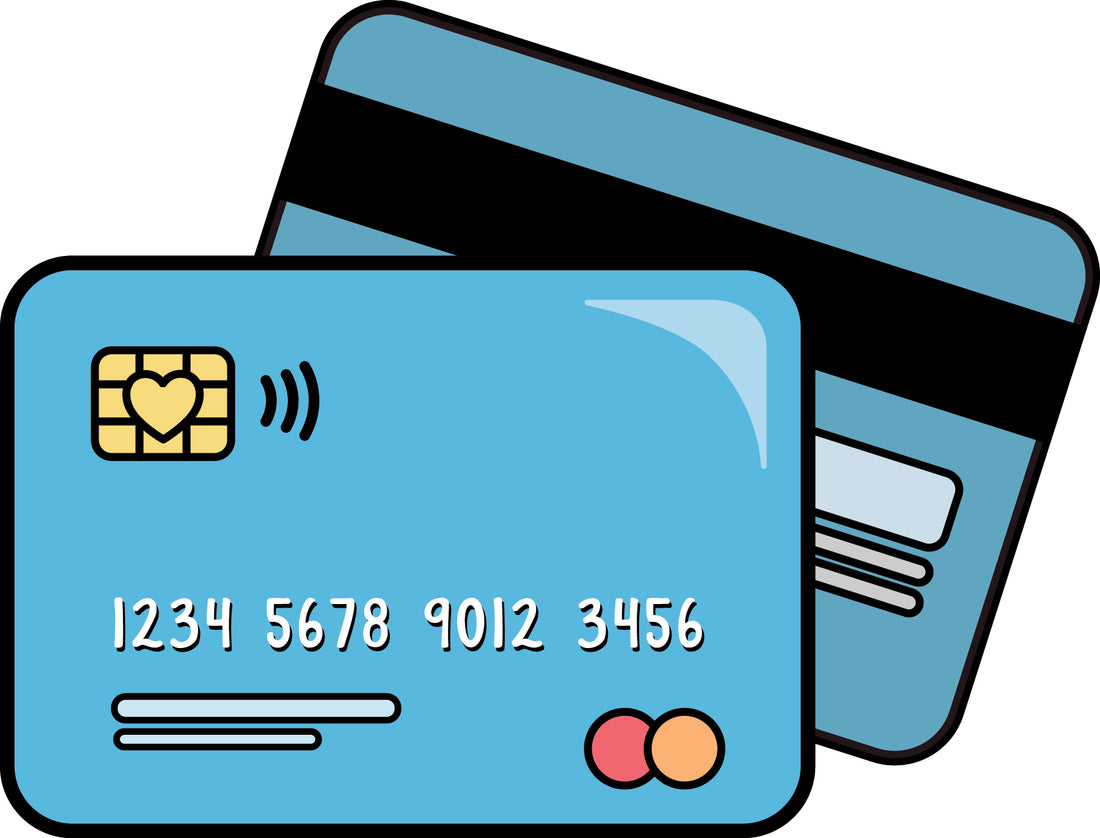
How to Handle Your First Credit Card
Share

How to Handle Your First Credit Card
Good credit is something that has to be worked at and maintained. While, it is difficult to rebuild good credit after financial stumbles, good credit from the start can be maintained much easier. When you turn eighteen you will notice a barrage of credit card and other loan offers coming in the mail, calling you on the phone and popping up in your email. While, some may be tempting with high limits and promises of low interest rates and payments, these can be the traps that walk you straight into large amount of suffocating credit card debt in the future.
To navigate through these offers, you should open them all and read ALL the information carefully. It’s important to understand the information included with the offer. While, they may be offering you 0% interest or some other enticing bit, the fine print will often reveal that the promotion is only for a short period of time or through certain restrictions. To help you decide which offers to pitch, which to keep and how to protect yourself from overwhelming numbers of offers, here are a few simple steps to follow.
1. Read the fine print.
As mentioned above, the fine print will often reveal loopholes in the promotions, time restrictions on your initial agreement and other nasty little things, like fees for a variety of things and other negative surprises that could jump out later down the line. If there is anything you are uncertain about or you find a company you are not familiar with, take the time to check them out with a site like ZapData or through the Better Business Bureau for complaints and in-depth information.
2. Consider the offers carefully to choose the right one for you.
Before you fill out, call or send off the credit card applications, e best fitted to your needs. This doesn’t mean you should automatically pick the highest limit or lowest interest rate. As far interest rates, look for stability. If you are considering two different cards and companies and one offers 0% interest for the first three months, then the rate goes to 28%, is it really better than a card that offer 8% interest and never changes? You want consistency with no surprises. As for the limit, picking the highest limit can be tempting and you may end up maxing the card out and over spending, just because it’s there. Instead, choose a card that offers a limit that can help you in an emergency situation but not high enough to get you in trouble.
3. Read Your Bill
Common practice is to check how much is owed and when it is due. Then like every other busy person in the world, you throw away the bill. Before that happens you should be reading the entire bill. Get familiar with your account number, due date, how much interest you where charged for the month, and when you statement cycle closes. The credit card statement contains really important numbers that tell you how much you're really paying for using the credit card, the payment requirements, or how to report a lost or missing card, last payment details, identify and catch errors or identity theft, and credit card transactions.
4. Set some rules.
When you first get a credit card, it will seemingly burn a hole in your wallet. You will think about it all the time and you will feel as if you have been given free money, especially if you live on a budget or fixed income and don’t often have money for extras. Set some rules for yourself and follow some standard rules to avoid credit card debt. You should pay your balance every month and avoid paying the minimums. If you charge $1000 and only pay the minimum’s, at an average interest rate it would take you at least eight years to pay off the balance.
Credit cards can offer an emergency support system that you can fall back on in a time of financial hardship, but if not handled correctly can turn bad and land you in credit card debt that can be difficult to get out of.
5. Utilization Is Key
You should never use more than 30% of your credit card's limit in any given month. If you were approved for a $500.00 credit card that means you should be spending no more than $150.00 each month. High usage increase your debt to income ratio and it will cause your credit score to drop. No matter how tempting it may be to spend the money- DON'T! If for any reason you did use more than 30% of your credit limit, you should pay the entire balance when your statement is due. the percentage of your credit limit that you’re using—is one of the most important factors in determining your credit scores. Because a high utilization rate indicates to lendors that you are have trouble paying your bills on time, a lower utilization rate is generally best for your credit scores.
